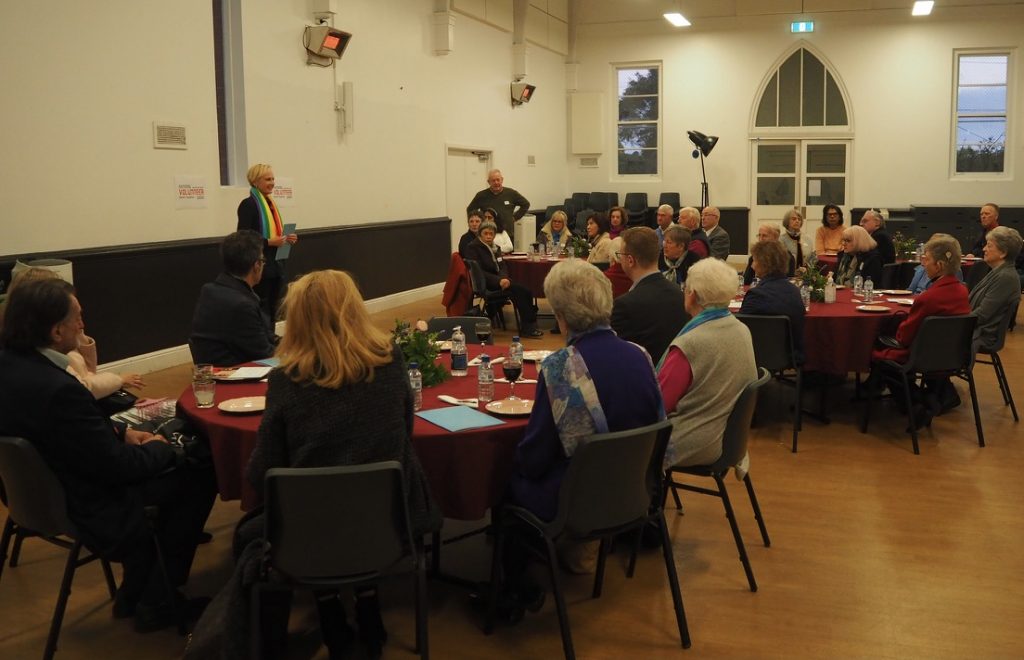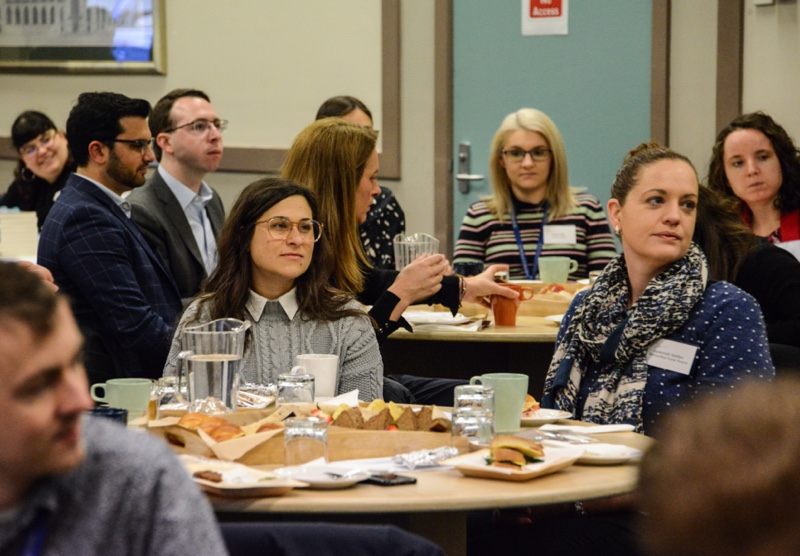Social isolation and loneliness are significant yet underappreciated public health risks ― both being associated with poor physical and mental health outcomes for people, particularly those who are becoming older, experiencing a chronic illness or disability, or lacking the resources to engage with others.
The privilege of volunteering with JoCare: overcoming isolation and loneliness

So starts the highly topical report by JoCare – Caring for Neighbours, a free service supported by St Joseph’s Malvern and Cabrini Australia that encourages friendship and support within neighbourhoods in the local Stonnington area.
When you think of poverty, the leafy and largely affluent Stonnington council area does not initially spring to mind. However, as Saint Teresa of Calcutta (Mother Teresa) once said, there is a particular type of poverty that consists of, “loneliness and being unwanted, unloved – being abandoned by everybody”.
That is the subject of the report “The privilege of volunteering with JoCare: overcoming isolation and loneliness”. This focus is counter-cultural in a society where, as the report says, “loneliness and social isolation is rarely featured in public health campaigns”.
The reports refreshingly eschews loneliness rating scales devised by universities like UCLA, or social return on investment methodologies popularly used to measure social impact, and instead focusses on ‘units of meaning’ like: ‘grace’; ‘faith’; ‘humour’; ‘listening’; ‘acceptance’; ‘loss’; ‘trust’; ‘esteem’; and, ‘fear’. These are the ingredients that make the act of caring and connecting lives both challenging and rewarding.
Reading the study, you can hear how volunteers in the program are stepping out of their comfort zone into something both unexpected and meaningful. “My son nearly died with laughter when I said I was visiting old people – I am old to him”. One participant in the program spoke of unexpected shared humour with someone, “who’s been willing to listen and laugh with me”.
My experience of attending the launch of the report researched by Dr Sally Osborne and Dr Laurence McNamara of the Catholic Theological College (University of Divinity) was also unexpected and meaningful in its own way. I came early with my Catholic Social Service Victoria hat firmly on. Another report launch attendee was early as well; so, instead of waiting awkwardly in the cold we decided to go for a coffee around the corner.
What ensued was a most interesting discussion that threw out the small talk straight away and instead focussed on the stuff of life. I was in the presence of a witty and engaging conversationalist who insisted on buying me a coffee. Time flew and we both left for the venue.
I was surprised that I had been talking to a program participant. Conversations with staff and volunteers on arrival highlighted that those volunteers ‘giving’ were ‘recipients’ too. Perhaps the caring acts of connection have been mediated by grace (the first ‘unit of meaning’ listed in the report).
– Antony McMullen

Join our mailing list
Keep up to date with latest news, information and upcoming events.
We respect your privacy, as outlined in our privacy policy.